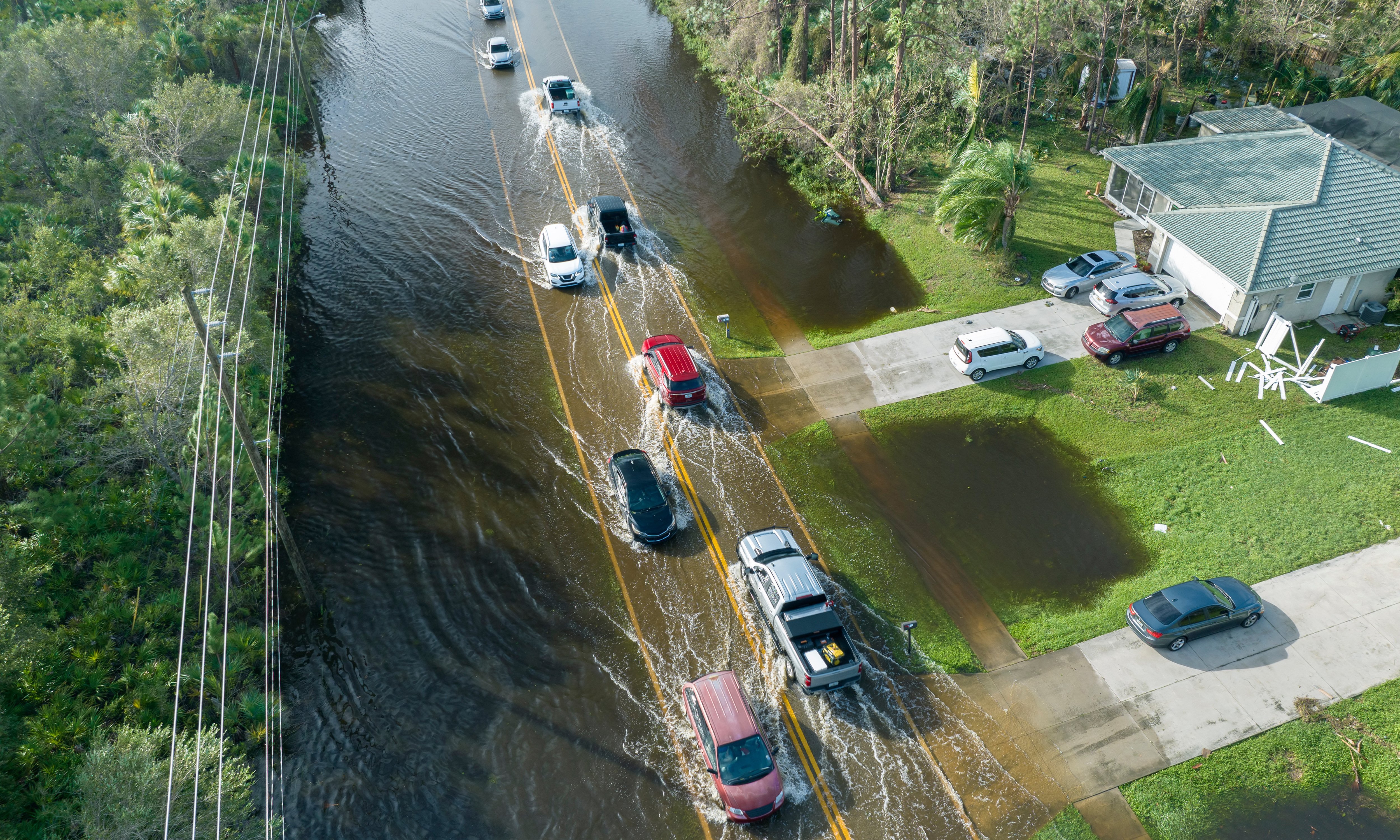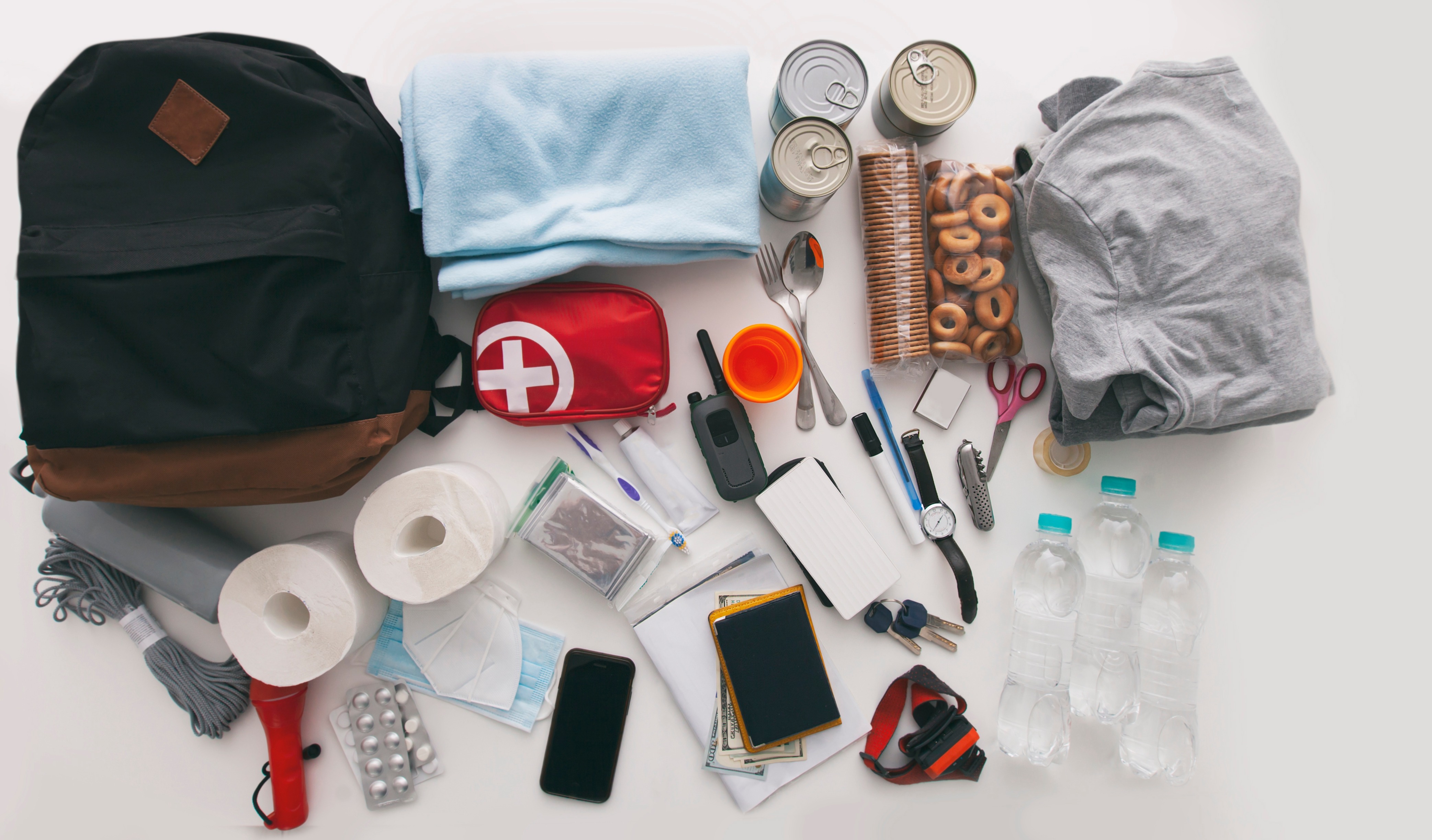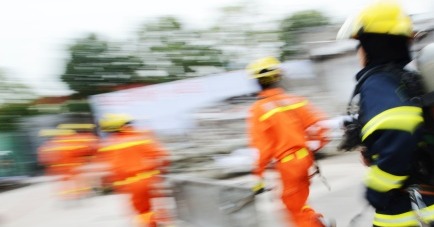How to Recover After a Disaster

Recovery Assistance
As a Carrington customer, you have access to multiple avenues of relief. When a federally-declared disaster strikes in your area, please contact us if you've been financially impacted or suffered property damage from the disaster. At Carrington, we recognize that major natural disasters can cause you personal and financial hardship, and that recovery from such disasters is difficult. You can contact us at 1-800-561-4567, Monday-Friday, 8:00 a.m. to 9:00 p.m. EST to determine if you qualify for any of the following financial relief programs and accommodations:
- Payment deferments
- Forbearance or repayment plans
- Suspension of credit reporting to reporting agencies while on a forbearance or repayment plan
- Waiver of assessments of penalties or late fees
Additionally, we offer a mortgage insurance program for disaster victims.
The Recovery Process
Natural disasters can leave homeowners feeling overwhelmed. Here’s a breakdown of the steps you’ll need to take in the event you experience a natural disaster.
- Contact your mortgage servicer: As a Carrington customer, you have options when it comes to recovery assistance.
- File insurance claims: Speak with a representative about your policy and see what they can offer with recovery assistance. If you need additional insurance quotes, or want to compare your current insurance rates for newly tailored costs and coverage moving forward, check out Carrington’s resources provided via Covered Insurance, the easiest way to shop insurance.
- Property documentation: Once it’s safe to return, you’ll need to document any damage to your property. Document any repairs with before and after photos, and keep receipts for personal purchases related to the repairs.
- Secure your home: You are responsible for preventing further property damage by securing your home. Board up broken windows or missing doors; secure a tarp over any holes in your roof to prevent leaks; and do your best to lock up the house to avoid intruders or vandalism.
- Contact utility companies: Safety is a top priority. Do not attempt to turn back on electricity, water or gas until you’re sure it’s safe to do so. If you suspect damage to water, electrical, gas or sewer lines, contact your utility companies.
Avoiding Disaster Fraud
In times of crisis, criminals may emerge to prey on the overwhelmed. Here’s how you can avoid becoming a victim:
- Avoid third-party negotiations or foreclosure relief: Scammers may offer to help negotiate or delay your mortgage payments through foreclosure relief. You should always discuss your options directly with your mortgage servicer. Never pay a company to negotiate on your behalf.
- Carefully screen robocalls: Homeowners in disaster areas may receive recorded solicitation calls promising government grants, flood insurance or help with assistance applications. Rely only on trusted resources and factual sources of information.
- Only use written contracts for services rendered: Never pay up front for repairs. The National Insurance Crime Bureau (NICB) states that disaster survivors paying for repairs on their own should always have a detailed, written contract for work. Contracts should never have blank spaces, and should include:
-
- The provider’s name, address, phone number and license number (if required by the state).
-
- Estimated start and completion dates.
-
- A payment schedule.
-
- Any promises made during conversations about the job.
- Ensure repairs are done by a licensed contractor: Get estimates from more than one contractor – and don’t automatically choose the lowest bidder. Compare fees against any services being offered; if there’s a large difference in price estimates, ask for an explanation as to why.
Recovery after a natural disaster can seem like an overwhelming journey, but you can make it through with the right resources and support. To ensure you’re prepared in the future, here are some emergency preparedness tips to consider before a disaster strikes.


